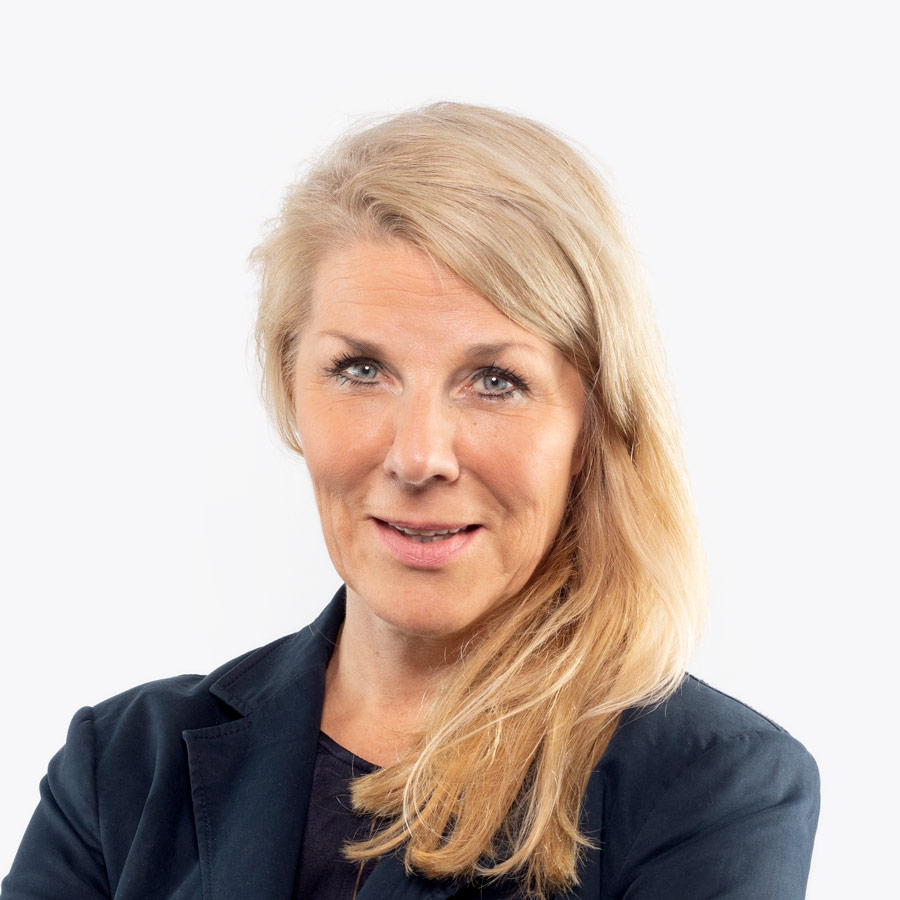Agility: the panacea in the complexity jungle? And what does that have to do with OKR?
The discussion in companies with the question "Where are we right now?" and "Where should we be in the future?" is of vital importance. Perhaps also with the realization that right now the location is perfectly fine. However, this does not save us from asking the same question again tomorrow.
Organizations have the choice here between
- Clinging on and continuing with what has worked so far and hoping for the best or
- look for new ways that promise survival and success now and in the future in the environment described above.
OKR, with its simple and adaptive structure, is ideally suited for this. OKRs put the central goals of an organization on the agenda. They also create their coordination and realization. Through their transparency, they bring about cross-departmental coherence - the meaningful harmony of joint action.
OKRs are based on the agile manifesto of 2001, one of the most important milestones of the modern agile movement. The attitude - the mindset - is the central concept in agile working and agile thinking is part of OKR.
Agile Mindset - Attitude
- Individuals & interactions => more important than processes or tools
- Concrete results => more important than extensive analyses
- Collaboration with customers => more important than contract negotiations
- Responding to change => more important than following a strict plan
It is precisely this setting that is reflected in our OKR framework. It also includes principles such as
- Make work visible
- Continuous improvement
- Adding value
- Accepted responsibility
- Empowered, self-organized teams
- Intrinsic motivation
And values like
- Focus
- Feedback
- Commitment
- Positive attitude
And is agility THE panacea in the VUKA jungle?
All the above-mentioned framework conditions in our new challenging world require a change in thinking and acting. The agile mindset is ideally suited for this. With a focus on people, a high level of personal responsibility and the will to react quickly to changes, we create the best basis for sustainable survival and, what's more, with value creation.
This does not necessarily mean implementing agile methods immediately and everywhere. "We want to become a bit more agile." This is an often heard phrase in my initial conversations with customers. Only when the following questions could really be answered, the path becomes clearer.
„We want to be a little more agile?“
- And - why now of all times?
- And - how much "a little" can it be?
- And - very important: what does agility mean in your context?
The best way to get started with agility is to first just get to grips with the mindset, understand it and live it. Only then can the methods be filled with life.

A contribution by:
Dagmar
Dagmar is an agile coach und OKR consultant at +Pluswerk
Write her to info(at)pluswerk(dot)ag